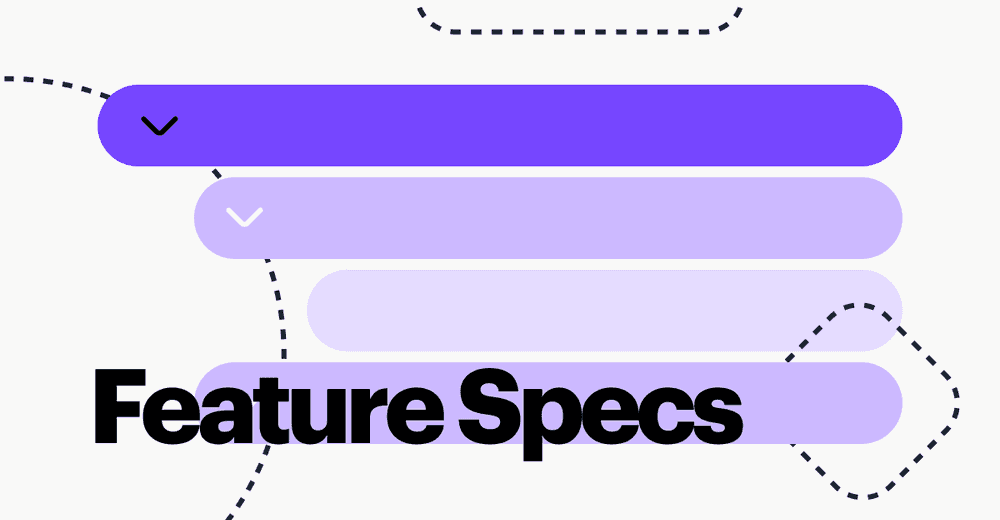How to Become a Great Product Manager [19/100]
Finding a good product manager is hard, finding a great one — even harder. As you read, you might want to dive deeper right away and understand what is product manager in tech right away. Unfortunately, I cannot recommend any particular educational course, only skills and qualities a product manager or even a chief product officer should have.
T-shaped skills
Basically, product management works around the expertise of a business analyst, designer, salesperson, and developer. Obviously, one cannot be great at everything, good enough will do. That’s why a person who likes staying high-level has a better chance of becoming a good product manager, than the one who likes to dig into one domain.
Deep domain knowledge
Product management also requires domain expertise. If one switches from domain to domain, it is hard to become an expert. If you want to be in project management, you need to have a strong understanding of project management and, for God’s sake, try working as a project manager. If your product is supposed to make developers’ lives easier, you need to work as a developer at least for some time. If you are making funeral service software, you need to understand this hard and eternal kind of business. Et cetera ad infinitum.
Marketing expertise and strategic thinking
You need to be able to grasp trends, feel the market and build a product strategy. You need to answer where it all goes and where the market goes. You might be totally delusional, but you need to have it ready. An indecisive and slow product manager is the worst. This way the product looks like shit in the market. You’d rather focus on one big thing than keep avoiding mistakes and being mediocre eventually.
Design thinking
The designer lives somewhere deep inside every product manager. PM is a little jealous of a designer because one cannot draw awesome icons or create an entire artboard in Sketch or Figma, but as soon as any tech questions pop up, product people win. Designing systems is an important part of a product management skill.
Engineering aesthetics and natural taste
A successful product manager has it all. She can tell the difference between beautiful and ugly, usable and unusable, hard and simple, pleasant and unpleasant. It all comes with experience, but a natural taste comes from practice and training at museums, new cities, books, and systems. You need to get into various systems, understand how they work, find advantages and disadvantages, constantly analyze all the software you work with. Observe and reflect.
Building prototypes
PO should easily sketch on a whiteboard, build prototypes on the go, own a stylus and an eye. She needs to be able to communicate her ideas and solutions to others. You need to do it with pictures and synchronized speech. Don’t be shy about drawing, no apologies for crooked lines, you need to practice and cover the board with wireframes at great speed.

User empathy
A good product manager feels pain when a user discovers a problem in a product. One really wants to fix everything and do it right. PO is never indifferent, even if it is the 2000th bug in the system. She can pretend to be calm and pretend that all this does not matter, but in fact, she really cares a lot. It is important not to go crazy, because at the 3000th bug it becomes hard, and the 4000th bug sometimes makes you want to die. But then it passes.
Statistics matter
A product manager must understand distributions, build nice graphs and be able to explain them in three ways. It is not that complicated. Even if a product person has no head for science, you need to grasp the basics of statistics. Well, if you cannot, you’d rather choose another path. This life.

Ability (and desire) to talk with users
The best product manager talks to people a lot. PM figures out customer needs, habits, expectations, and problems. They go out of the building, call, meet, and write everything down. Unfortunately, it’s hard not to give in to emotions and not promise to do everything tomorrow. You need not to promises things right away and try to accumulate information. Your task is to collect as much information as possible and analyze it. And you need to be empathetic. And it’s hard …
Hard skills and connecting with developers
PO needs to be able to understand developers and rise to their level (at least sometimes). Certain technical skill is a must. You need to understand the product development processes, feel the ephemerality of estimates, get technical debt and respect the state of the flow.
Public speaking
The vision needs to be communicated, and it works best through conversation. You need to be able to work with the audience and, convince stakeholders, inspire the product team and explain product strategy. It is very difficult to make a new product if no one trusts you and does not step into the reality distortion field. Few people know how to do it, but you have to try. It might even work.
Your own product
The best way to try out a product management role is to launch your own product. All of the above will gradually come. Or not.
If you are already building your own tech company, try Fibery for product teams. We ambitiously claim to have it all: product strategy and product vision, linking customer feedback to features or whatever you need, product roadmap, beautiful collaborative product requirements, connecting product marketing and sales team, and flexibility your team will appreciate as you grow.
Psst... Wanna try Fibery? 👀
Infinitely flexible product discovery & development platform.


![Be different [23/100]](/blog/static/64355cda924c61c299f2978da5ba6d31/f4829/be-different.jpg)
![5 Biggest Problems in Software Development [22/100]](/blog/static/08512600f4074191672f6e4b07557f7f/d8027/SoftDevProblems.png)